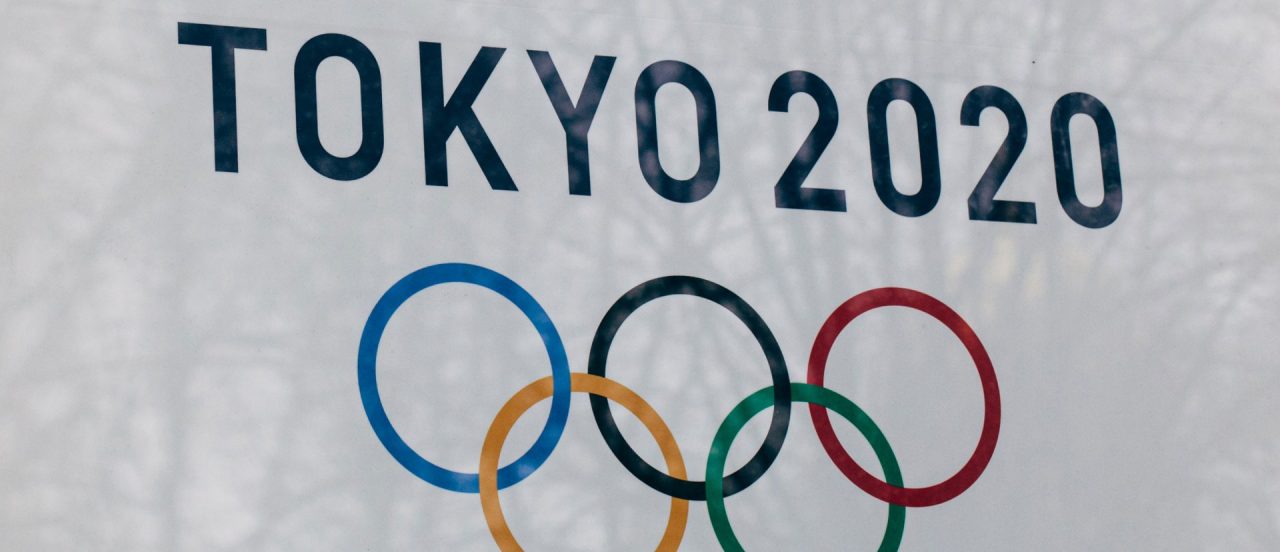Given the increasing number of self-employed workers, recently the Japanese competition authority has been more and more engaged in human resources markets. In terms of sports, regulations on player transfers between teams invite close scrutiny. Based on its fact-finding survey, the Japan Fair Trade Commission published its guidance on the matter. The guidance clarifies that a non-hardcore cartel approach is applied to the transfer regulations; and sets out a basic framework to evaluate whether a regulation is anticompetitive or not in light of its rationality and necessity. The sports community has responded to the watchdog’s action, by eliminating or amending some regulations that contain antitrust concerns, but it seems to be still halfway. These developments may become a part of the legacy of the 2020 Tokyo Olympic Games.
By Shingo Kasahara1
I. INTRODUCTION – HUMAN RESOURCES AND COMPETITION POLICY
A. Diversification of Work Styles
Recently in Japan, working patterns have become more and more diverse, and a certain proportion of workers have increasingly shifted from working as employees, to working as “freelancers” without being directed by any organization. It is said that the underlying reason for this trend is that the traditional Japanese employment system, which provides for lifetime employment and seniority-based promotion, will no longer meet the diversified working needs of industry. Open innovation and
...THIS ARTICLE IS NOT AVAILABLE FOR IP ADDRESS 216.73.216.213
Please verify email or join us
to access premium content!

